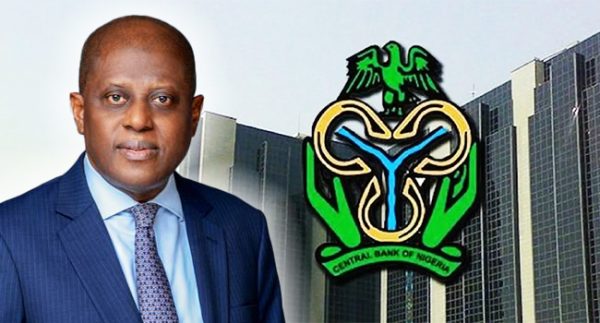The Monetary Policy Committee (MPC) of the Central Bank of Nigeria (CBN), has raised the country’s baseline lending rate by 150 basis points to 26.25 per cent.
ALSO READ Afreximbank, MobiHealth sign MoU to drive digital healthcare solutions
The Governor of CBN, Mr Yemi Cardoso said this on Tuesday in Abuja, while reading the communique from the 295th meeting of the MPC.
ALSO READ How factchecking is checkmating the menace of fake news, information disorder
This is the third consecutive tightening of the lending rate, known as the Monetary Policy Rate (MPR) by the MPC under Cardoso.
The Central Bank of Nigeria (CBN) is the central bank and apex monetary authority of Nigeria established by the CBN Act of 1958 and commenced operations on 1 July 1959.
The major regulatory objectives of the bank as stated in the CBN Act are to: maintain the external reserves of the country, promote monetary stability and a sound financial environment, and act as a banker of last resort and financial adviser to the federal government.
The central bank’s role as lender of last resort and adviser to the federal government has sometimes pushed it into murky regulatory waters.
Lending rate is the bank rate that usually meets the short- and medium-term financing needs of the private sector.
This rate is normally differentiated according to creditworthiness of borrowers and objectives of financing.
Lending rate is the rate charged by banks on loans to the private sector and deposit interest rate is the rate offered by commercial banks on three-month deposits.
NAN


